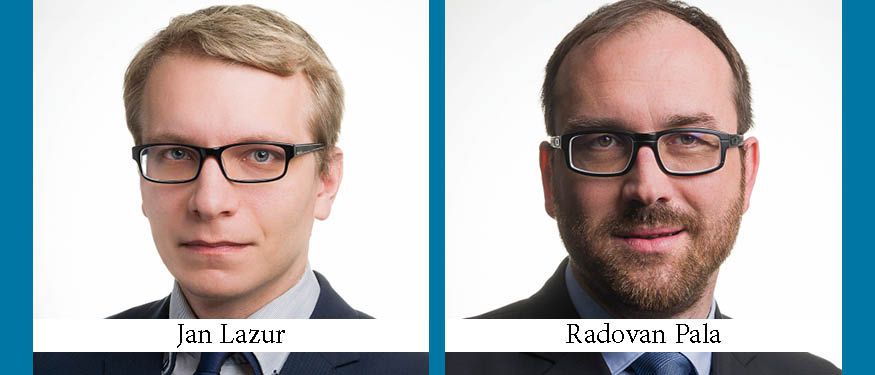Slovakia is awaiting the significant changes to the country’s domain registration regime that will become effective in January 2017. A new alternative dispute resolution mechanism will become an integral part of the rules of domain names registration under Slovakian code for top level domains.
Until now, all domain disputes in Slovakia had to be heard and decided by general courts. There were no alternative dispute mechanisms to streamline and make handling of domain name disputes more effective. The more Slovakian top level domains were registered, the more disputes arose with regards to problematic domain names. The increasing commercial value of the domain names caused the parties concerned to duly assess their legal positions vis-a-vis potential defendants and opt for an optimal business strategy. As in many other countries, cyber-squatting and registering domain names in bad faith became a real concern for well-known individuals and entrepreneurs operating in Slovakia.
Given the fact that no alternative dispute resolution system existed, the only possibilities for a right holder to acquire a domain held by a cyber-squatter were either to pay the cyber-squatter’s ransom or to file a legal action with the competent general jurisdiction district court. When a right-holder opted for the latter course of action, in the vast majority of cases he or she also requested a preliminary injunction barring the defendant from any disposition with the domain name prior to the court’s judgment on the merits, and another injunction barring the defendant from using the domain during the trial. All these court actions inevitably meant that the right holder was forced to incur expenses such as court fees and attorney’s fees – which accumulated as the cases lingered. Another material hurdle for the right holder was the fact that in many cases the general courts had very little experience in deciding domain disputes.
Now the situation in Slovakia will change, as the Slovakian top level domain registry approved an amendment to its rules of domain names registration under the Slovakian code for top level domains (.sk ccTLD). According to the amended rules, a holder of a Slovakian domain name will be obliged to submit to the mechanism set forth in the newly adopted Rules of Alternative Dispute Resolution. As of January 1, 2017, the alternative dispute resolution of domain name disputes will be carried out by the Centre for Alternative Dispute Resolution of the European Information Society Institute (the “ADR Centre”).
The ADR Centre will keep a list of experts authorized to decide domain name disputes, administer the execution of dispute resolution proceedings, and issue the Rules of Alternative Dispute Resolution (the “ADR Rules”), which will include the schedule of fees applicable to domain name disputes.
The overall goal of the new alternative dispute resolution mechanism is to achieve a quick resolution of .sk domain name disputes, while taking into account the technical and commercial functions of domains and the need for highly professional, impartial, transparent, and fair decisions.
Under the ADR Rules, any person will be entitled to file a petition with the ADR Centre, claiming that a domain name held by another party is identical with or confusingly similar to the object of the petitioner’s intellectual property right (e.g., registered trade mark, designation of origin, geographical indication, name of a protected plant, unregistered sign, business name, name of protected pseudonym or well-known nickname of an individual, name of a creator or author of literary or artistic work, or designation of fictional characters).
Where the petition is based on existing rights to the so-called well-known names or designations, proving the likelihood of confusion would not be required.
Through the ADR Rules, the petitioner would be entitled to seek: (i) cancellation of the domain name registration, or (ii) transfer of the domain name registration either to the petitioner or to a third person. The decision adopted by an expert of the ADR Centre will be final and will not be subject to review. However, this will not affect the right of either party to initiate regular court proceedings. In practice, however, it is rather unlikely that a cyber-squatter or a bad faith registrant will do that.
By Jan Lazur (Head of IP) and Radovan Pala (Managing Partner), Taylor Wessing Slovakia















